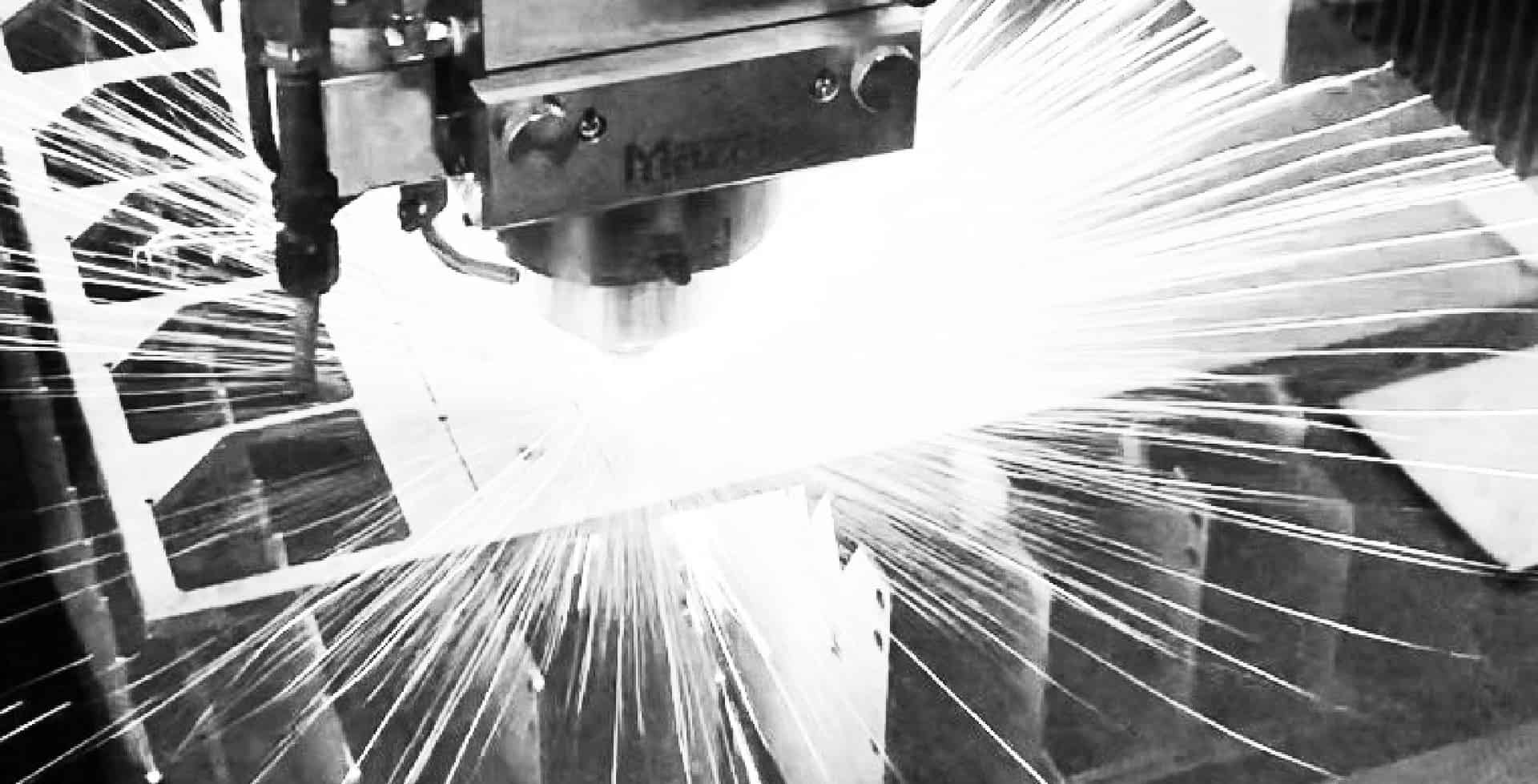Maintain proper industrial airflow for dust collection systems

A dust collection systems airflow can be optimized to reduce waste and extend the life of the facility and equipment. The correct airflow also contributes to worker safety and productivity by minimizing potentially harmful materials in the environment.
The importance of optimal industrial airflow
Proper airflow is an important element of any dust collection system. Benefits include:
- Extended dust collection filter life
- Increased energy savings
- Reduced maintenance and replacement costs
- Better overall fume and dust collection
Risks of poor airflow
The consequences of improper airflow and system maintenance include:
- Too much airflow can pull valuable product out of the process and into the waste stream.
- Too high transport velocity can increase wear on ductwork.
- Too little airflow can allow dust to escape the process and increase the dust hazards in the facility.
- Poor duct routing or low transport velocities can cause dust and particulates to settle in ductwork.
Proper industrial airflow requires a balanced approach. Optimization keeps a facility, people and equipment working at peak performance.
Techniques to maintain proper industrial airflow
Manually adjust the industrial fan’s outlet damper, inlet damper or variable frequency drive:
If the fan’s outlet damper, inlet damper or variable frequency drive (VFD) is adjusted properly, airflow can be controlled. If done improperly, this adjustment can create a shorter filter life, product quality issues and increased operating costs.
Best practice: Monitor differential pressure readings regularly. Once an initial air reading is complete and it is known how the system should operate – a differential pressure benchmark can be set and the operators will be able to easily see when the system is not operating within acceptable limits.
Manually adjust the industrial fan’s inlet damper or blast gates at collection points:
Making sure airflow is balanced is a critical maintenance step.
Best practice: Keep an eye on airflow. Settling dust could indicate slow airflow. Wear spots could indicate high airflow.
For more details on maintaining airflow for an industrial dust collection system, reference the Industrial Ventilation: A Manual of Recommended Practice for Design. Reference IVI’s blog: “Design strategies for optimal industrial airflow” to learn more about optimizing airflow with the correct dust collection type and design.
IVI’s Flo Air Analysis
IVI can do a complete airflow analysis on any air ventilation system. Our proven airflow analysis method, called IVI Flo, uses state-of-the-art modeling technology to visualize the flow of air within a system to identify opportunities for improvement. Learn more about our Airflow Analysis and contact IVI today.